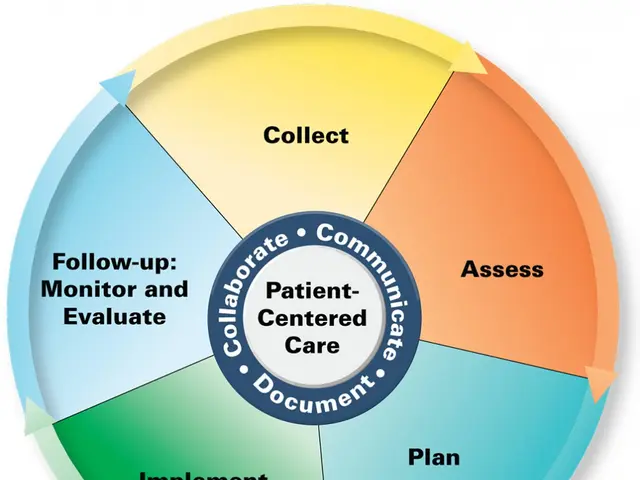South Africa's prospective green hydrogen production encounters obstacles
South Africa, once a 'mining powerhouse,' has been grappling with a decline in mining production since the mid-2000s. A new report published by the German development agency, Deutsche Gesellschaft für Internationale Zusammenarbeit (GIZ), highlights that this trend could be reversed through the development of the Green Hydrogen industry.
The report underscores South Africa's advantage in processing resources locally to increase the economic value of exports. With almost all the 22 critical minerals needed to develop a Green Hydrogen industry, the country has a significant potential to foster this sector. Green Hydrogen is extracted from seawater using electrolysis, making South Africa's abundance of critical minerals a key asset.
However, the South African iron and steel and ferroalloy industries have been negatively affected by an electricity supply crisis, rapidly escalating electricity prices, and logistics bottlenecks. Policy and regulatory uncertainty, and the lack of an efficient system for managing mining rights and applications, also contribute to the decline in mining production.
President Cyril Ramaphosa has included harnessing critical minerals for inclusive growth and sustainable development as one of his priorities for South Africa's presidency of the G20 in 2025. He has also called for a G20 framework on green industrialisation and investment to promote the beneficiation of critical minerals close to their source of extraction.
The African Green Hydrogen Report identifies South Africa as having the potential to be a significant player in the Green Hydrogen sector. The development of green hydrogen in South Africa is promoted by the government through initiatives such as the National Hydrogen Society Roadmap and the Northern Cape Green Hydrogen Strategy. Partnerships involving companies like Sasol, research centres such as the Hydrogen South Africa (HySA) program and Vaal University of Technology's hydrogen research hub, supported by Standard Bank, are also part of this broader strategy.
Minister of Electricity and Energy, Kgosientsho Ramokgopa, echoed this message in the report's foreword, aligning with the shared commitment to three pillars: energy sovereignty, social equity, and regional integration. The vision of energy advanced by the African Union's Agenda 2063 and South Africa's G20 Presidency includes energy that is just, inclusive, and transformative.
The report also emphasises the opportunity to revive the South African mining sector. As the global share of South Africa's exploration has decreased from 5% in the early 2000s to around 1% currently, there is a growing demand for Green Hydrogen and Green Hydrogen related renewables sector goods. This presents an opportunity for Africa to grow its mining sector and reduce the processing of critical minerals to support the energy transition being concentrated mainly in China.
In conclusion, the development of the Green Hydrogen industry in South Africa could be a significant step towards economic revival and sustainable development. The government's initiatives, coupled with public-private partnerships and research centres, are laying the foundation for this transition. With the support of the G20 and the global community, South Africa could position itself as a leader in the Green Hydrogen sector.
Read also:
- Trump administration faces lawsuit by Denmark's Ørsted over halted wind farm project
- Police station transfer ceremony in Horb am Neckar
- Unchecked Management of HP Dams Leads to Environmental Disaster: RTI Reveals
- Rapid advancements in automotive policies worldwide fuel transition towards electric vehicles








